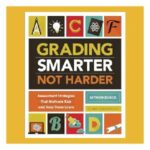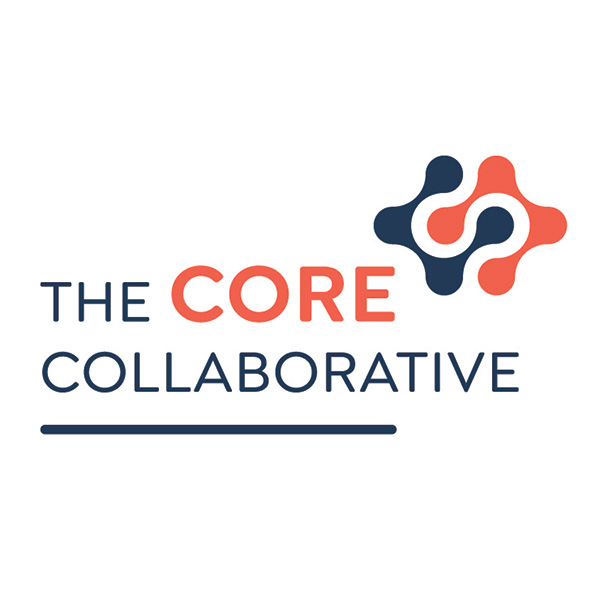In the pursuit of equitable education, grading practices play a pivotal role. Ensuring that all students have an equal opportunity to succeed is a fundamental goal of K-12 education. To help educators, administrators, and policymakers navigate the complexities of equitable grading, we’ve compiled a list of five essential books that provide valuable insights, strategies, and perspectives. Dive into these resources to foster inclusive classrooms and promote fair assessment methods.
Author Joe Feldman delves into the concept of grading for equity, offering practical strategies for educators to reevaluate and reform their grading practices. This book guides readers in aligning grading with learning objectives while minimizing biases and disparities.
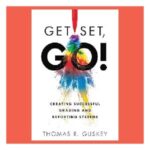 Get Set, Go! Creating Successful Grading and Reporting Systems by Tom Guskey
Get Set, Go! Creating Successful Grading and Reporting Systems by Tom Guskey
A companion to the best-selling On Your Mark, this practical guide details how to lead lasting grading reform successfully. Implement best practices in grading that address the needs of every student in your school or district in six essential steps.
 Fair Isn’t Always Equal: Assessing and Grading in the Differentiated Classroom by Rick Wormeli
Fair Isn’t Always Equal: Assessing and Grading in the Differentiated Classroom by Rick Wormeli
Rick Wormeli’s book focuses on differentiating instruction and assessment to meet students where they are while maintaining fairness in grading. This resource provides educators with valuable tools for customizing assessment and grading to support equitable outcomes.
Myron Dueck explores practical grading strategies that prioritize student learning and motivation. By addressing the issues of motivation and feedback, this book assists educators in creating grading systems that are both equitable and conducive to student success.
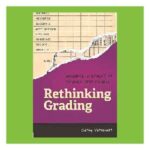 Rethinking Grading: Meaningful Assessment for Standards-Based Learning by Cathy Vatterott
Rethinking Grading: Meaningful Assessment for Standards-Based Learning by Cathy Vatterott
Cathy Vatterott’s book advocates for a standards-based approach to grading. It encourages educators to align their grading practices with clear learning objectives, ultimately promoting fairness and transparency in assessment.
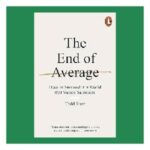 The End of Average: How We Succeed in a World That Values Sameness by Todd Rose
The End of Average: How We Succeed in a World That Values Sameness by Todd Rose
While not solely focused on grading, Todd Rose’s book challenges the concept of an “average” student and highlights the importance of personalized learning and assessment. By understanding the limitations of standardization, educators can work towards more equitable grading practices.
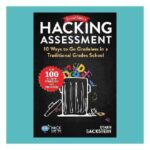 Hacking Assessment: 10 Ways to Go Gradeless in a Traditional Grade School by Starr Sackstein
Hacking Assessment: 10 Ways to Go Gradeless in a Traditional Grade School by Starr Sackstein
Nearly seven years after helping launch a global no-grades classroom movement, Sackstein has honed her practice and now brings teachers and school leaders more than 100 new and updated strategies, solutions, and practical resources you can read today and use in any classroom tomorrow to transform how you assess learning.
The Pursuit of Equitable Grading is Worth It
The pursuit of equitable grading practices is not just an academic endeavor; it’s a moral imperative. As educators, we have the profound responsibility to create a learning environment that values every student’s unique journey and potential. These seven books we’ve explored today are not merely tools; they are beacons guiding us toward a more just and equitable education system.
Equitable grading is a path toward dismantling systemic inequalities, unlocking hidden talents, and empowering each learner to shine. By delving into these texts, you are committing to a transformational journey, not only for your students but for yourself as well.
As educators, we have the profound responsibility to create a learning environment that values every student’s unique journey and potential.
Remember, progress may be gradual, and the road may be challenging, but every step you take towards equitable grading is a step towards a brighter, fairer future for our students. So, embrace the wisdom within these books, share your newfound knowledge, and together, let’s build a world where every student’s potential is recognized, valued, and celebrated. Your commitment to equitable grading can be the catalyst for profound change in the lives of your students and the world they will one day shape.
Learn more about how the Core Collaborative partners with schools to advance competency-based learning.


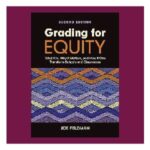 Grading for Equity: What It Is, Why It Matters, and How It Can Transform Schools and Classrooms by Joe Feldman
Grading for Equity: What It Is, Why It Matters, and How It Can Transform Schools and Classrooms by Joe Feldman